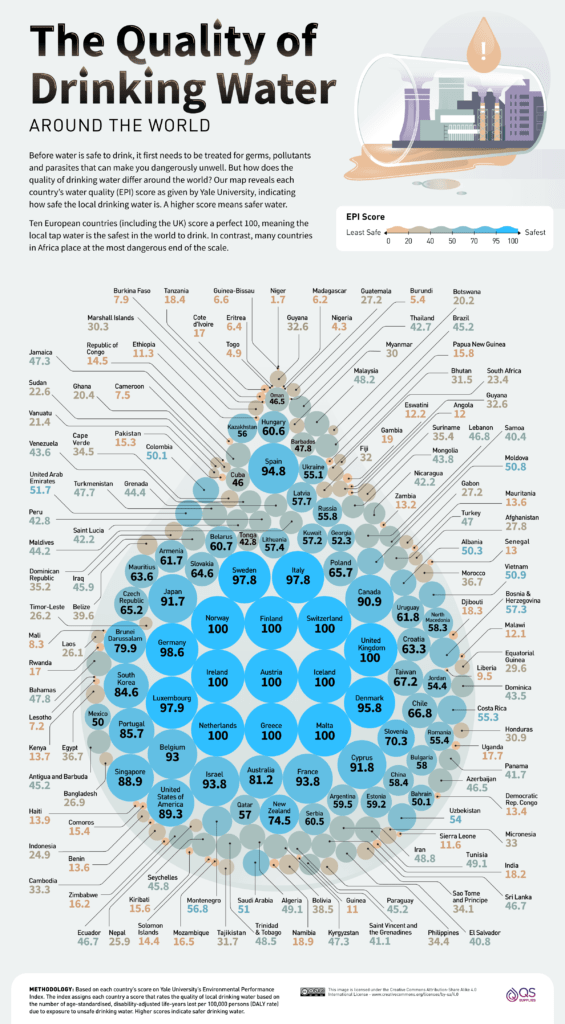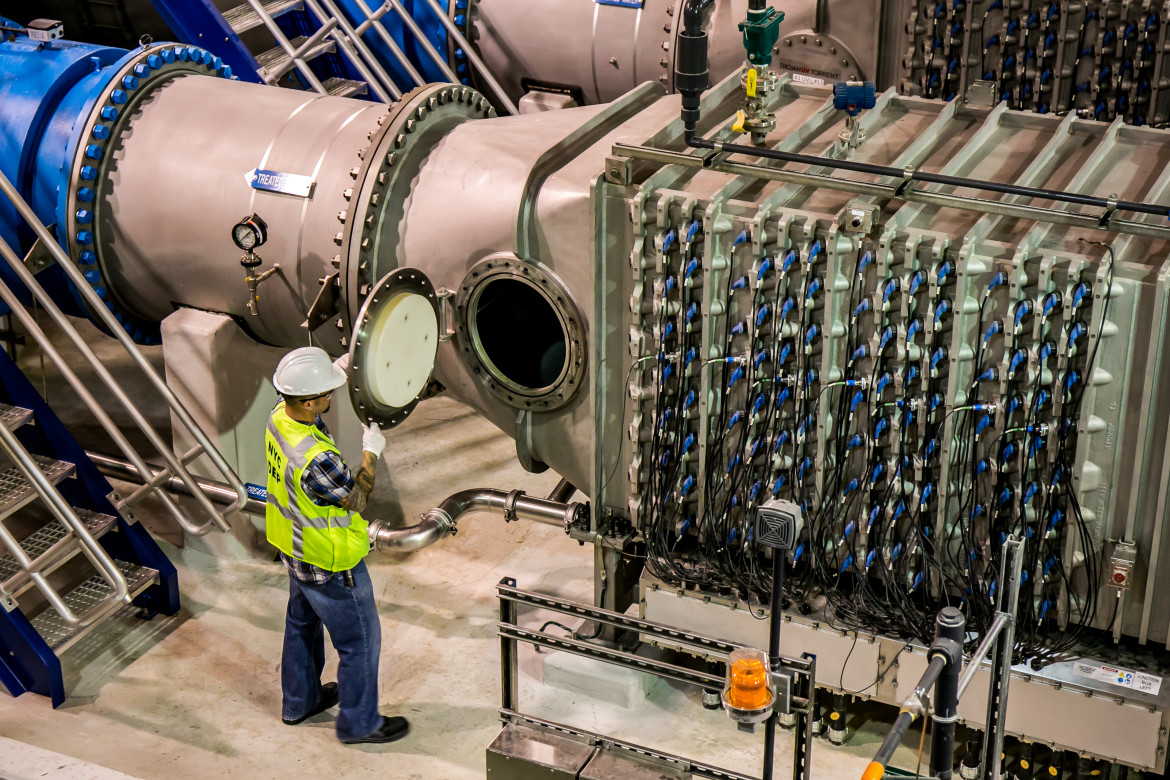The Importance of Clean Water
Understanding the Basics of Water Quality: To ensure water is clean, we need to understand what makes it dirty and how to clean it up. We use tests to check water quality and treat it with different methods to remove harmful stuff. By caring for our water sources and using good treatment methods, we can all enjoy clean water for dd more! The Importance of Clean Water
What is water quality?
Water quality refers to how clean and safe water is for different uses, like drinking, swimming, or growing crops. It’s affected by things like pollution, weather, and natural processes. We test the water to ensure it’s safe and meets certain standards.
Good water quality is important for our health, the environment, and the economy. We need to protect water sources, prevent pollution, and use proper treatment methods to ensure that water is clean and safe.

How do we measure the water quality?
There are various parameters that we use to measure the quality of water, including:
- Physical parameters: These include temperature, color, odor, and turbidity (how clear the water is).
- Chemical parameters: These include pH (acidity or alkalinity), dissolved oxygen, total dissolved solids, and the presence of contaminants such as nitrates, phosphates, metals, and organic compounds.
- Biological parameters: These include bacteria, viruses, algae, and other microorganisms that can indicate potential health risks.
The results of water quality testing are compared against established water quality standards, which vary depending on the intended use of the water. For example, drinking water must meet strict health and safety standards, while irrigation water may have lower quality requirements.
What are the 101 of water quality we must know?
- Water quality refers to water’s physical, chemical, and biological characteristics, including factors like pH, turbidity, temperature, dissolved oxygen, and contaminants like bacteria, viruses, and chemicals.
- Water quality can be affected by natural processes such as weather, geology, biological activity, and human activities like agriculture, industrial production, and urban development.
- Water quality is often assessed using standardized analytical methods and measurements, which can be done in the field or in a laboratory setting.
- The quality of water intended for human consumption is regulated by government agencies, which set standards for things like bacterial and chemical content.
- Wastewater treatment is necessary to remove contaminants from domestic, industrial, and agricultural wastewater before being safely discharged into the environment or reused.
- Various treatment methods can improve water quality, including physical, chemical, and biological treatment processes. These methods include sedimentation, coagulation, filtration, disinfection, and chemical precipitation.
What brings Zeomedia to the Table?
Zeomedia is the only high-efficiency zeolite-based filter media that has been chemically pre-washed to optimize its performance quality. It offers better particle retention of up to 1 micron, leading to superior filtration results and increased operational savings.The Importance of Clean Water
Additionally, our zeolite filters can be designed and operated at twice the flow rate compared to sand and anthracite filters (20 to 30 m/h), reducing the filter area by up to 50% and the capital cost of the filtration system by up to 40%.
Let’s talk..
Email: sales@zeomediafilter.com
Phone: (81) 3849 5959





